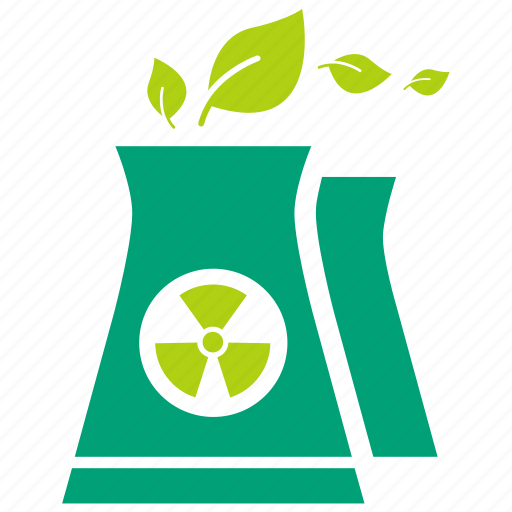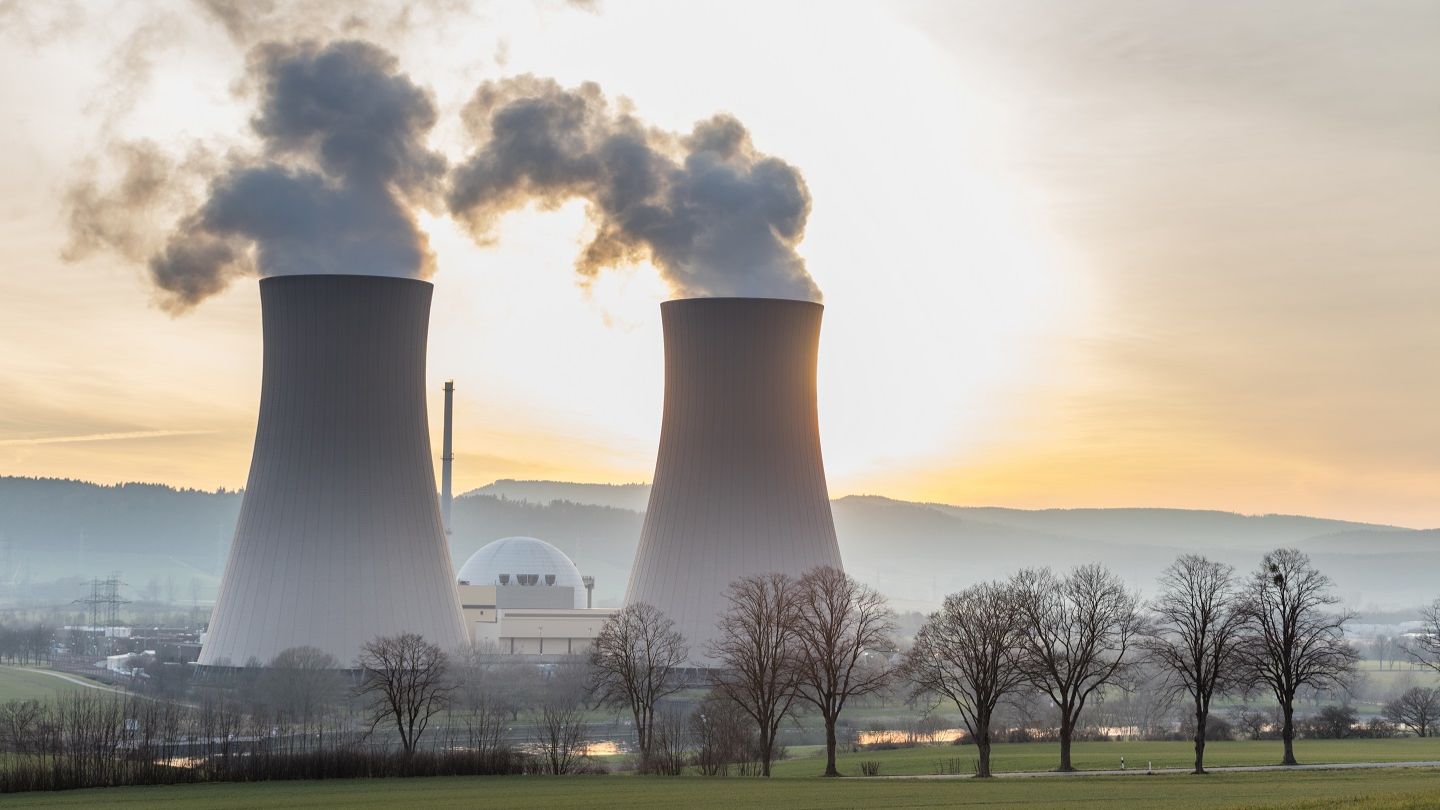- cross-posted to:
- worldnews@lemmy.ml
- cross-posted to:
- worldnews@lemmy.ml
India plans to ramp up nuclear capacity from 7.48GW to 22.4GW by 2031.
Nuclear Power Corporation of India (NPCI) has started operations at maximum capacity for the 700MW Kakrapar nuclear power plant Unit-3 in the Indian state of Gujarat, the Hindustan Times has reported.
Although operations at the third unit had started by June’s end, the power plant is said to have been operating at only 90% of its capacity until now.
Considered to be the first indigenously developed nuclear power reactor at the Kakrapar Atomic Power Project, it was designed, built, commissioned and will be operated by NPCI, a public sector company under the Department of Atomic Energy.
NPCI is building two 700MW pressurised heavy water reactors (PHWR), including Units 3 and 4 at Kakrapar, where there are two 220MW power plants. Officials say that in July, the fourth unit recorded 97.56% progress.
Indian Prime Minister Narendra Modi said on ‘X’, formerly known as Twitter: “India achieves another milestone. The first largest indigenous 700MWe Kakrapar Nuclear Power Plant Unit-3 in Gujarat starts operations at full capacity. Congratulations to our scientists and engineers.”
The operations at the third unit began three years after the unit achieved its ‘first criticality’, a process of controlled but sustained nuclear fission reaction in July 2020.
NPCI also plans to build a total of 16 700MW of nuclear plants at Rawatbhata, Rajasthan and Gorakhpur, Haryana.
The Indian Government has further approved the construction of ten indigenously built PHWRs across the four states of Haryana, Rajasthan, Madhya Pradesh and Karnataka.
The plan is to ramp up the present nuclear capacity from 7.48GW to 22.4GW by 2031. The 700MW reactors are expected to play a major role in this expansion, the Indian Express noted.
“India plans to ramp up nuclear capacity from 7.48GW to 22.4GW by 2031.”
That’s awesome.



